As you know, at St Paul’s School we emphasise a holistic education. We don’t just focus on academic outcomes; rather, we recognise that for a child to flourish it is important that we pay equal attention to body, mind and soul. Holistic wellbeing encompasses psychological, social-emotional, intellectual, physical and spiritual wellbeing. And, above all else, we are seeking to produce young men and women of character.
(excerpt from Celebration of Achievement address)
Of course, in striving to achieve this purpose, the things we do outside the classroom matter just as much as the things we do inside the classroom. It is in the context of extra-curricular activities that some of life’s most important lessons are learned. I am confident that I speak for Mrs Green and Mr Hughes (who head up our Music and Sport programs) when I say that, while winning is nice, it certainly isn’t the most important thing. The most important thing is the type of person that each of our students is becoming, as they practice and perform, as they train and compete.
I think we can learn a lot from a parable Jesus told, which is commonly referred to the Parable of the Talents. You can read it for yourselves in Matthew’s gospel, chapter 25. Essentially, it is the story of a rich man who entrusts three servants with five, two and one talent, respectively, and what they did with the talents they had been given. I suggest that the parable can speak to us today, about some important life-lessons.
- We are not all created equal, and sometimes it might even feel that life has treated us unfairly
This is a crucial life-lesson, and one that many of us learn in the context of sport or the performing arts. We are not all equally-gifted. No matter how hard we try, no matter how much we want to win (or be the best), most of us come up against someone who is bigger, stronger, faster or more gifted. Sometimes, despite our best efforts, we come second, or third, or… last. We can all identify with this truth because it is something that we have all experienced at some stage – often as a painful lesson.
Sometimes it’s hard not to be jealous of those who are more gifted than you.
- We don’t all succeed, and that may or may not be our own fault
By definition, competition in sport and in the performing arts usually means one person or team who wins, and many people or teams who don’t. Whether that be the Solo competition, or the TAS premiership, there can only be one winner, and that is another harsh reality that extra-curricular activities can help us to learn.
And it’s not always that we come up against competitors who have more ability than us: sometimes circumstances seem to conspire against us. I think of students who this year suffered injury and illness at critical times, meaning that they missed out on games or performances – in some cases, a whole season. This, too, may seem unfair.
Of course, sometimes the reason we fail is our own fault. Perhaps, like the one-talent servant we are too lazy, or too scared, to put in the effort that is required for success.
Whatever the reason, we don’t all win all the time. And that’s another important life-lesson. What we hope each of you will learn is not only how to win, but how to lose; not only how to succeed, but how to fail.
As you know, at St Paul’s we prize resilience, the ability to get back up and keep going when you fall (or are knocked over). I think of resilience as a bit like a muscle: it needs to be exercised to grow strong. Lots of little tests – some of which you will succeed with and some of which you won’t – will help you to become resilient, and the resilience you develop in little things will help you to withstand the greater trials that will inevitably come your way later in life. And, parents – a note for you: remember that the young tree that is too securely staked may grow tall and straight but will have no strength in its trunk. Sometimes as parents we are tempted to do that for our children. We are so keen to protect them from pain and failure, that we may, in fact, do them a disservice. Young trees, and young people, need to be blown around by the wind. It is these little stresses and strains which cause the trunk to become strong and resilient.
- We all have some talents, abilities and opportunities, and we are all responsible for how we use them
Let’s not feel too sorry for the servant who was given only one talent. In today’s money, that was perhaps the equivalent of a million dollars – plenty to use, and more than enough to have been successful. The one-talent servant wasn’t judged because he failed to make as much profit as the others, but because he didn’t even try. He wasted the opportunity he was given.
Young people – each of you have abilities and opportunities. Of all the children in the world, you are among the most blessed. With that privilege comes a responsibility. What are you going to do with what you have been given?
Success means doing your best and, when you fall (or fail), getting up again and having another go.
Success means not being jealous of the achievements of others, of being genuinely pleased for others when they succeed – even if it is at your expense.
Success means being a reliable team player, even if you aren’t the superstar (but especially so if you are!) It means turning up, doing your bit and helping others to do their best too.
 Mr Nigel Grant
Mr Nigel Grant
Executive Director of Faith & Community
 Dr Paul Browning
Dr Paul Browning 
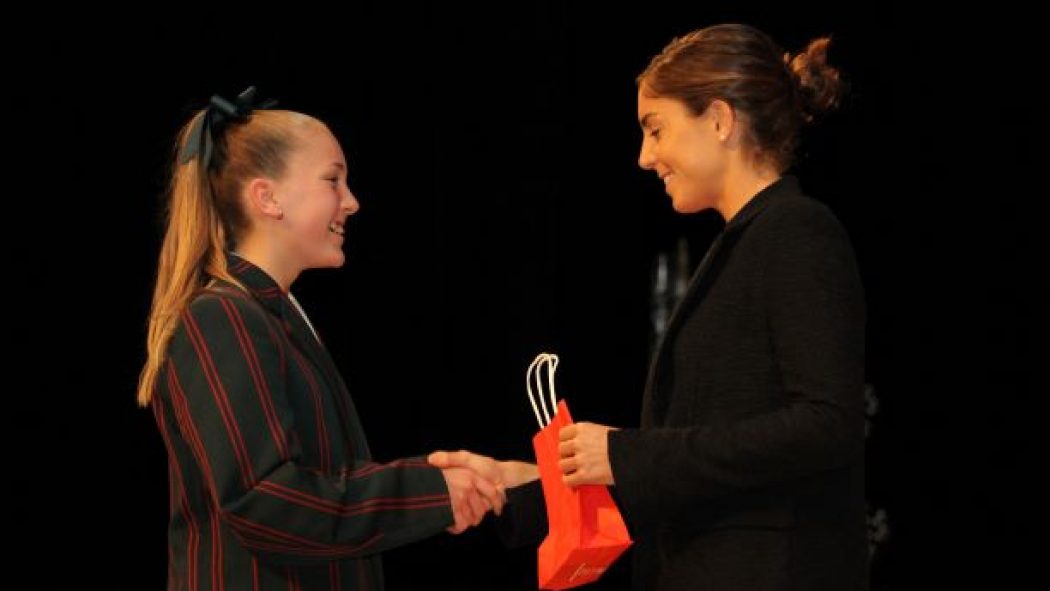
 Mr Nigel Grant
Mr Nigel Grant
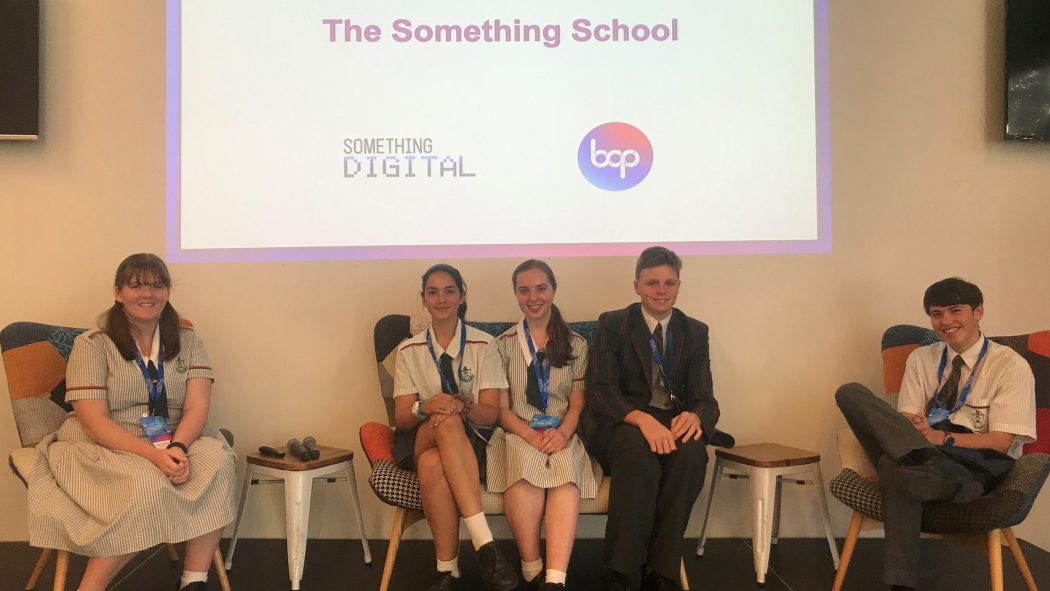
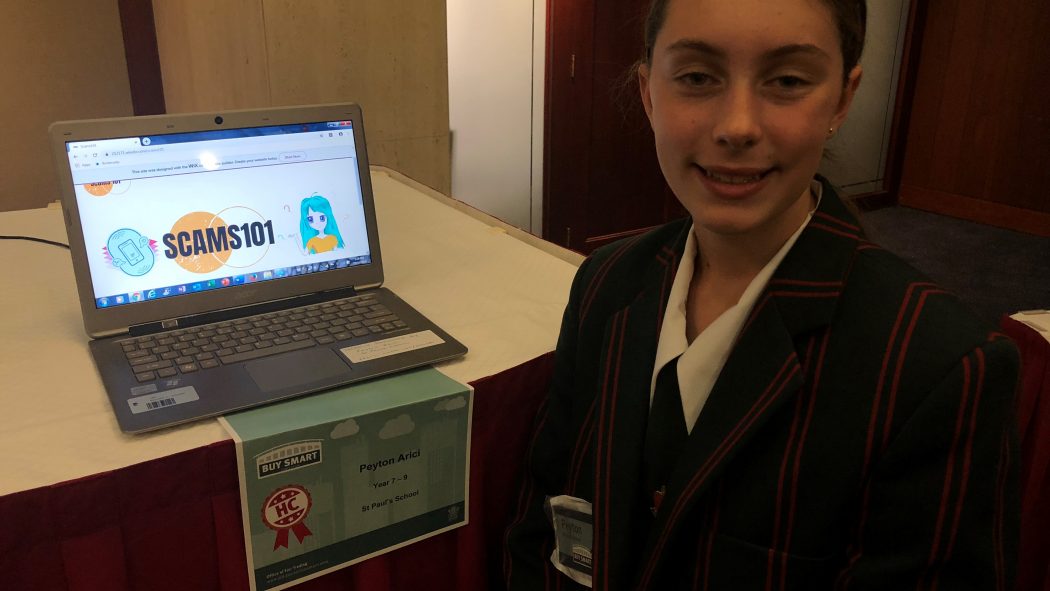
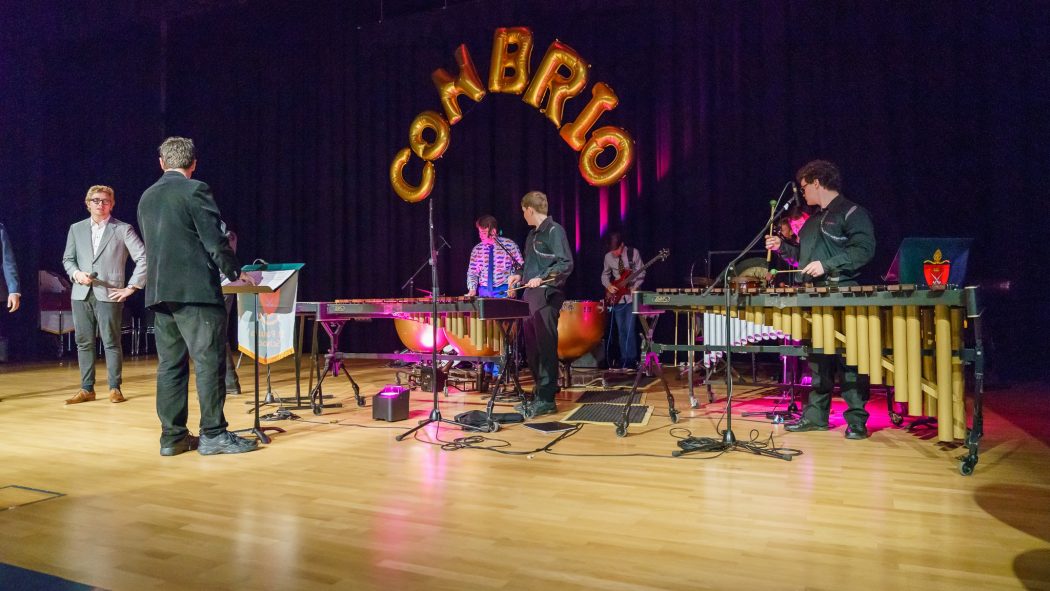
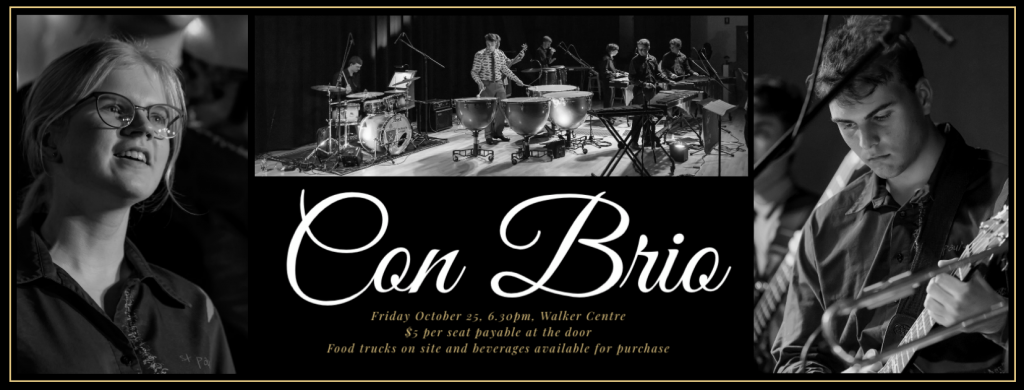
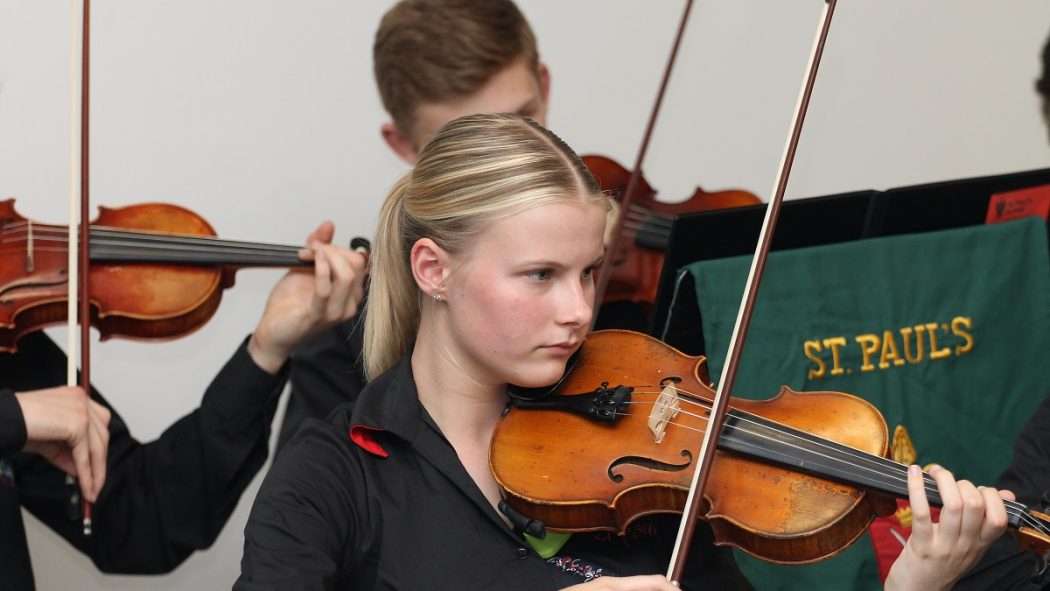
 Every day, our teachers are making a positive difference – creating opportunities for their students, empowering the minds of young people and proudly teaching our state’s future leaders, innovators and influencers.
Every day, our teachers are making a positive difference – creating opportunities for their students, empowering the minds of young people and proudly teaching our state’s future leaders, innovators and influencers.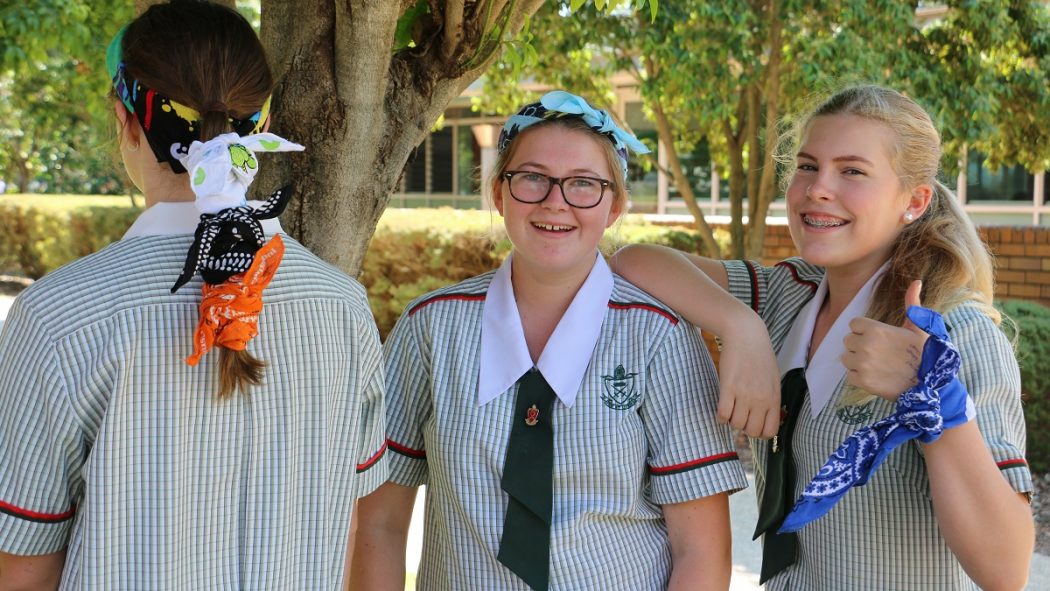
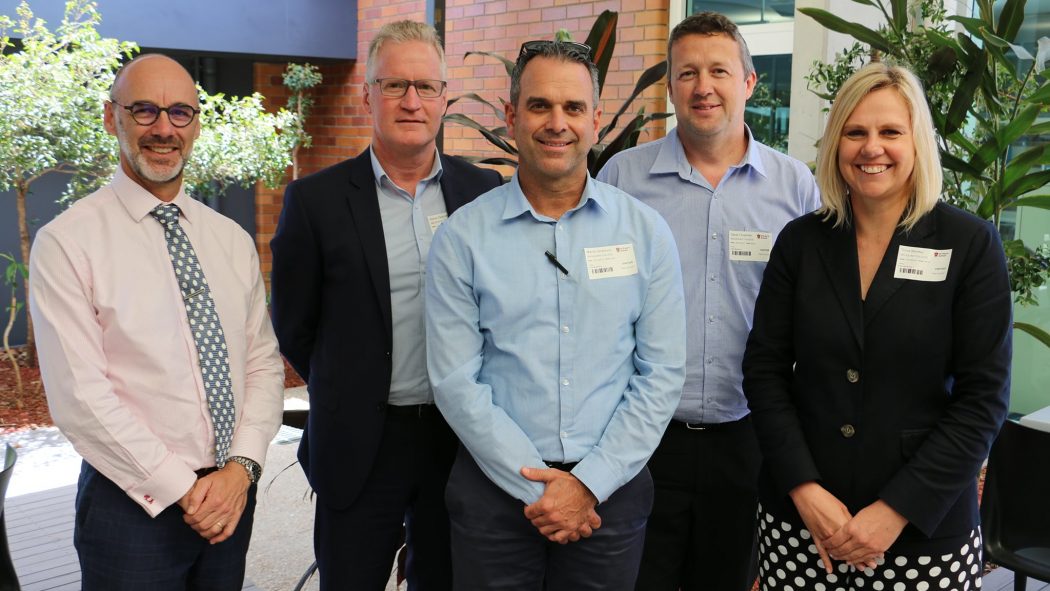


 NOTICE OF ANNUAL GENERAL MEETING
NOTICE OF ANNUAL GENERAL MEETING